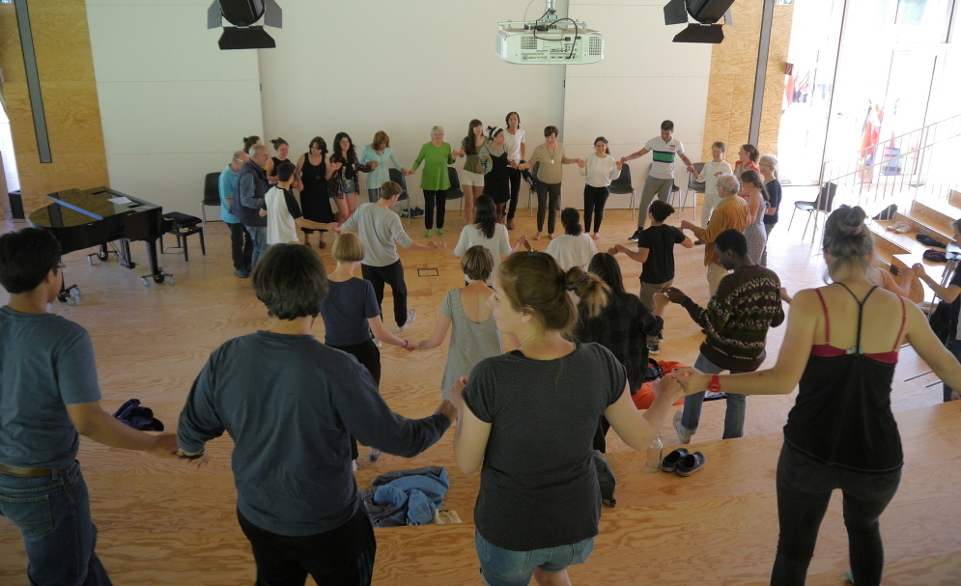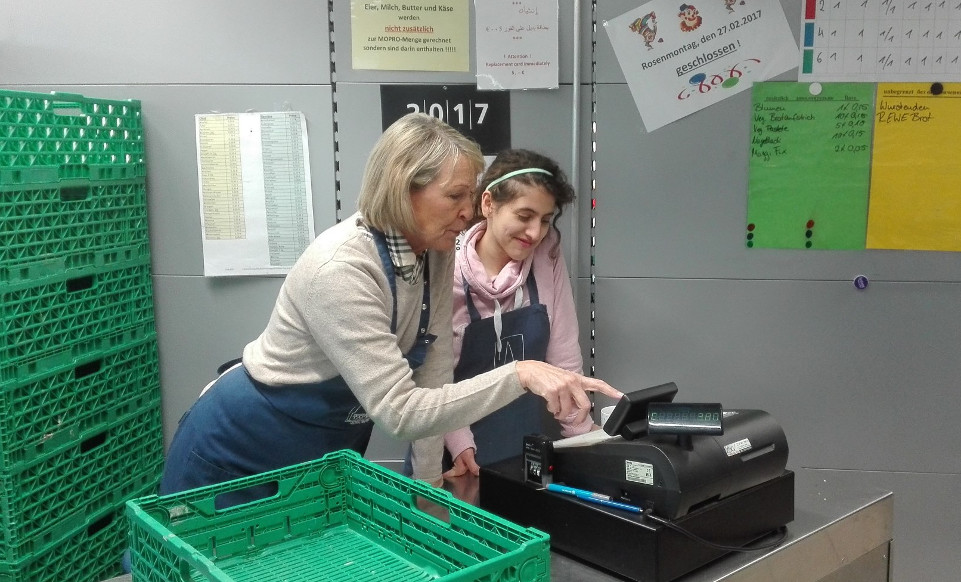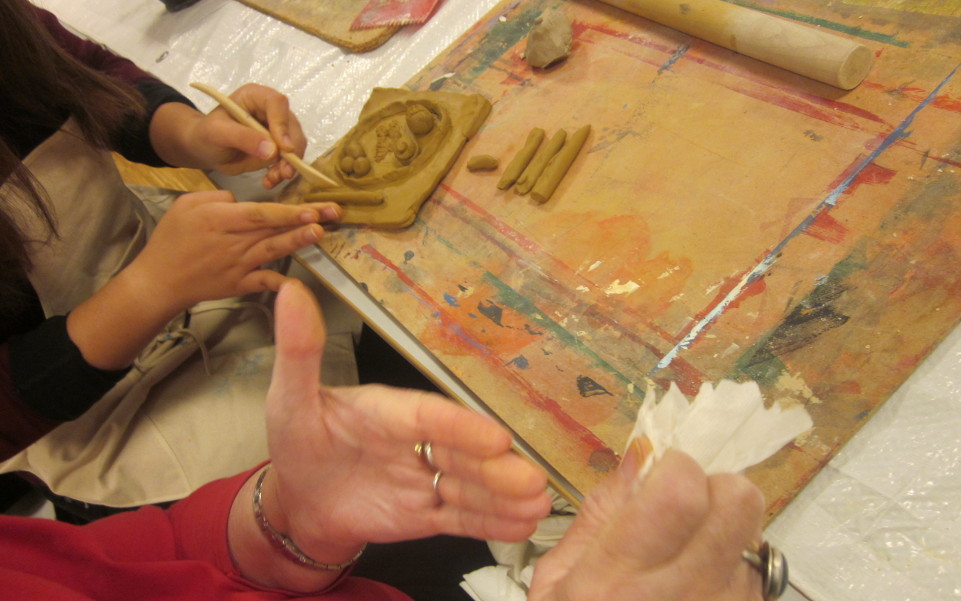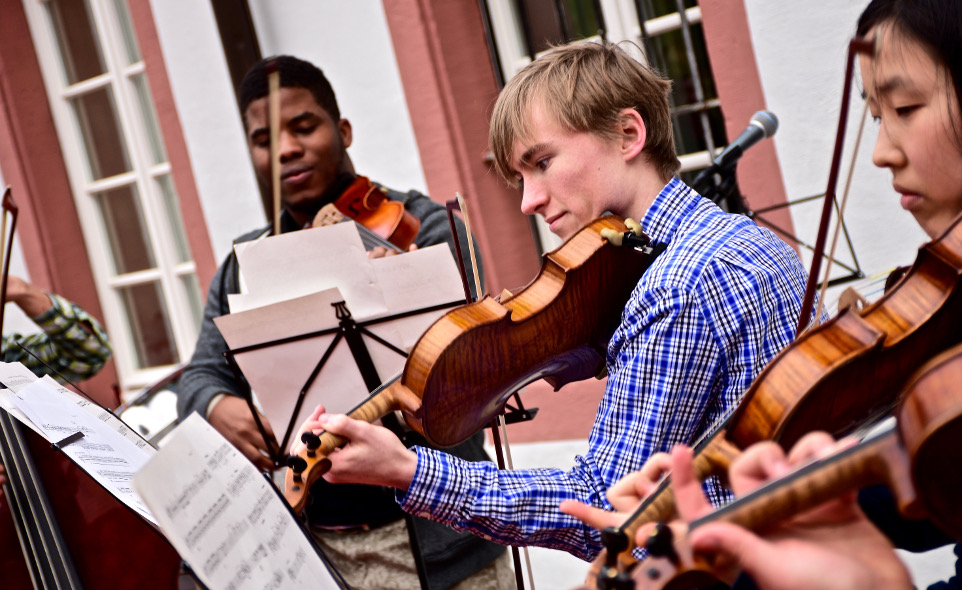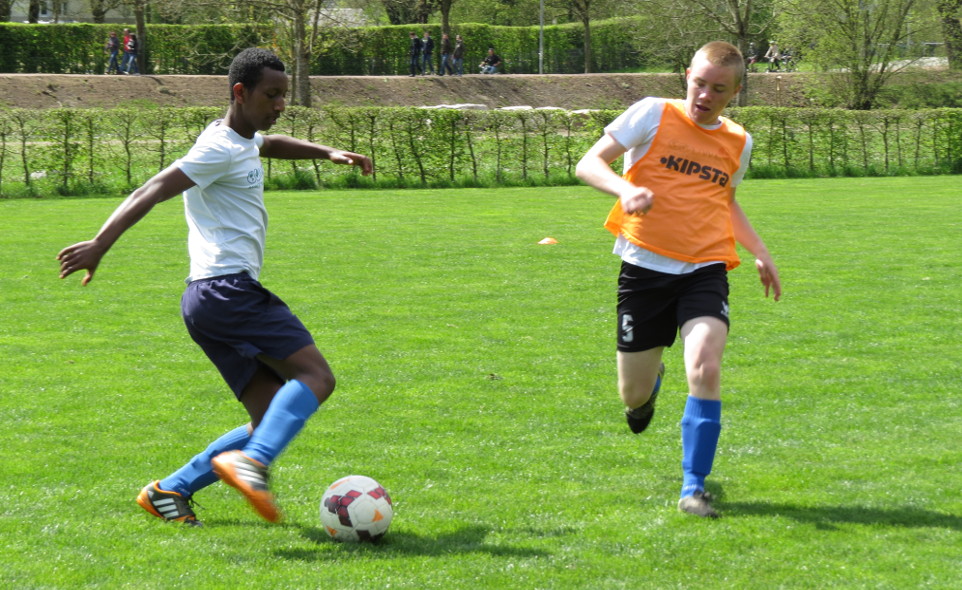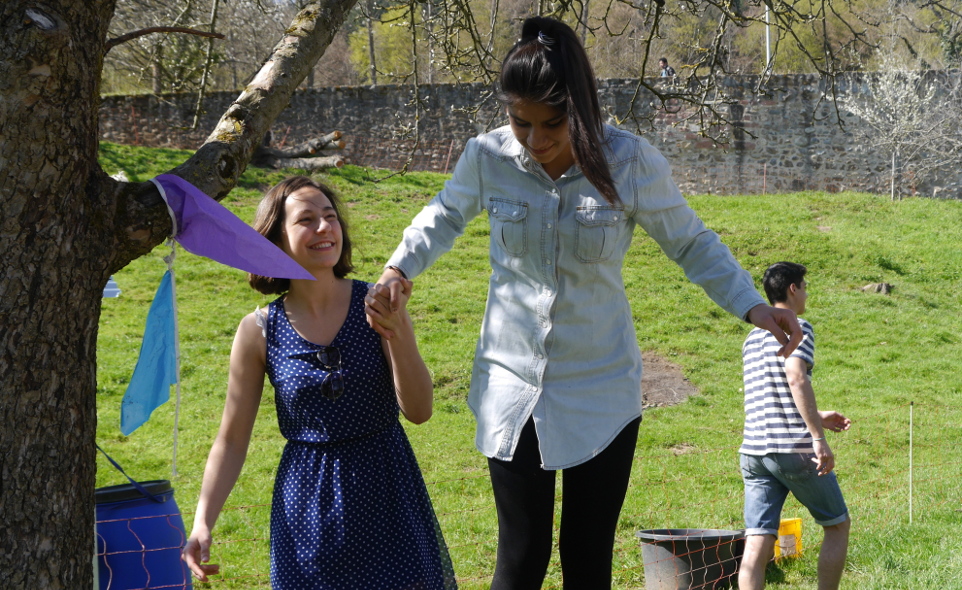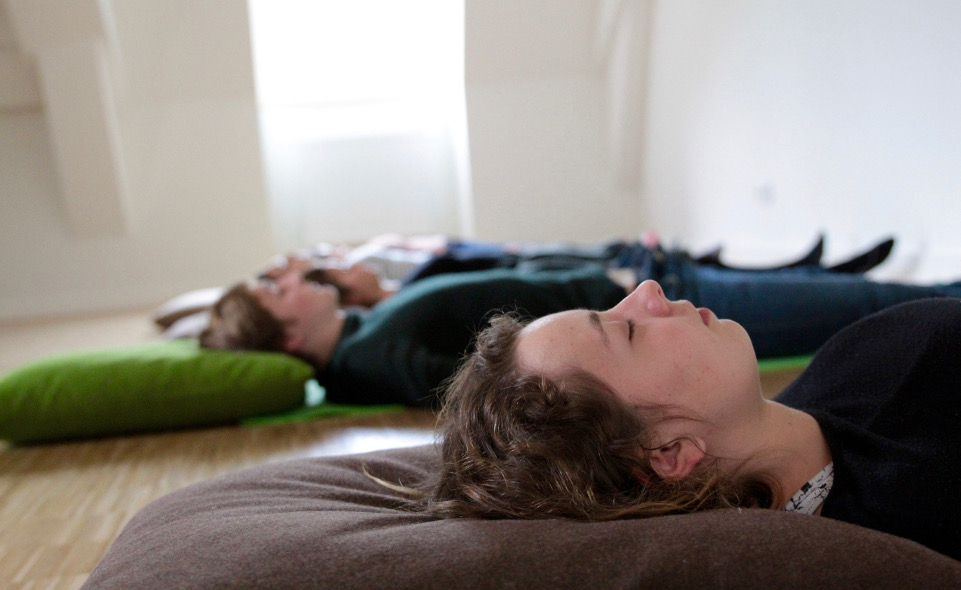EXPERIENTIAL LEARNING
In Kurt Hahn‘s concept of education, experiential learning is an important key element. How can we understand something if we do not also live it? How to further the mind without considering the body? In addition to the CAS program, UWC Robert Bosch College offers project weeks, outdoor activities and work in the School Garden as learning opportunities balancing traditional classroom teaching.
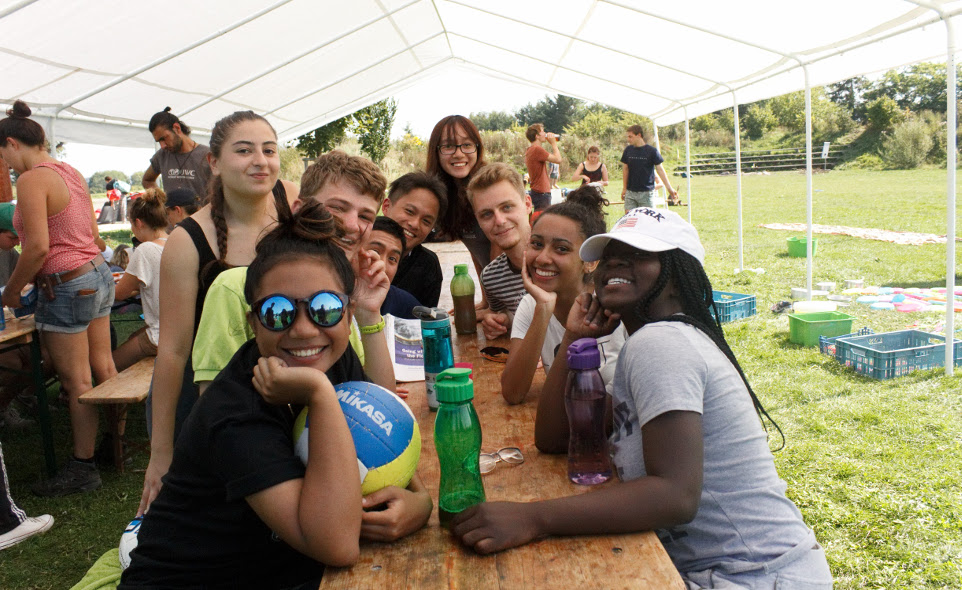 Learning to identify one’s own strengths and weaknesses, setting goals, developing one’s personality: through CAS; students become agents for their own personal growth.
Learning to identify one’s own strengths and weaknesses, setting goals, developing one’s personality: through CAS; students become agents for their own personal growth.
OUR CAS PROGRAM
CAS stands for Creativity, Activity and Service. Together, these core areas form the part of education at UWC that values students taking responsibility, learning how to approach others with empathy or developing their creative or physical skills. Once a week, students get involved in one of those three areas, not only getting to know Freiburg and its variety of social and cultural institutions, but also furthering their own leadership skills. Being self-determined and knowing how to organize oneself are important requirements for CAS. At the moment, the College offers 70 activities, many of them initiated and organized by students. In the service sector, we currently have 40 projects running, 24 of them in cooperation with Freiburg institutions and organizations. Learn more about our projects in the below slider gallery.
CROSSING BOUNDARIES
Real learning begins where boundaries are crossed. This is true for intercultural exchange, one’s own ideas and ideals but also the physical realm.
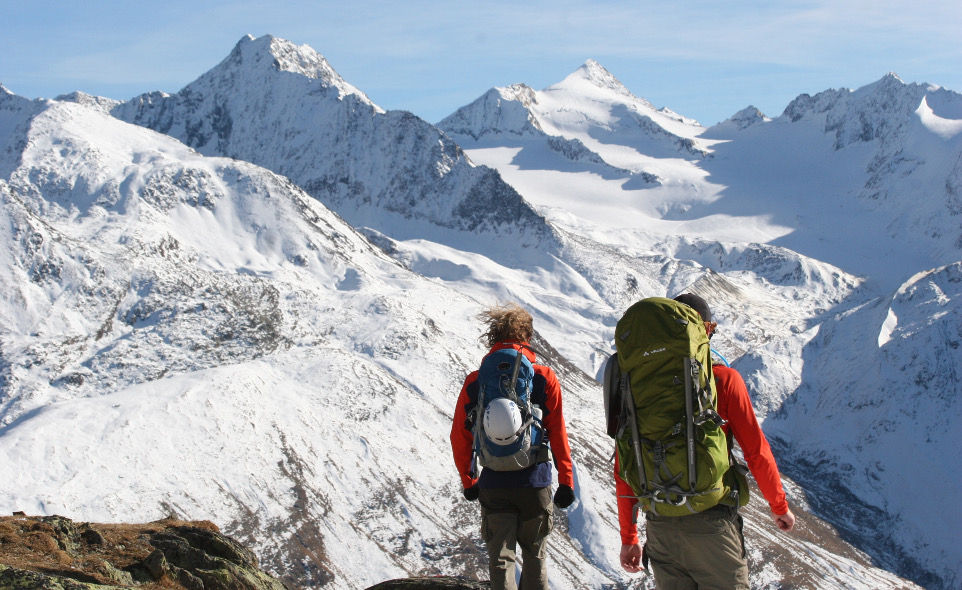
Changing perspectives and overcoming challenges together are important learning outcomes of project weeks.
Project Weeks
Project Weeks happen once every term and are a favorite among the students. Before spreading all over Europe in groups, the students as well as an advisory staff member spend weeks researching, planning and organizing a concrete project, which typically focuses on the ideas of service or experiental education. In this process and with a set budget of 23 Euros per person and day, students manage finding a project host, location and accommodation completely on their own and are responsible for getting safely from the College to their destination and back. Some groups are accompanied by a staff member, while the majority travels without. Experience has proven that carrying responsibility for themselves and for others is an important foundation for personal growth and student autonomy.
Outdoor Education
UWC Robert Bosch College offers an outdoor program, run by outdoor educators and experienced staff members. Camping, hiking, canoeing, mountain biking, and cross-country skiing are just a few activities students will have the chance to experience. How to read a map? How to use outdoor equipment? How to plan a multi-day trip? These are skills we acquire outside of the classroom. Outdoor adventures are awaiting you around the corner to balance out your academic life. To us, it is not only important to get your outdoor skills in shape but to provide opportunities for your personal growth. Throughout all seasons we are challenging you to step out of your comfort zone. We believe that experiential education is key to reflect on community processes and to open new perspectives. We are lucky to call the Black Forest our playground!
The camping retreats taking place at the beginning of each school year for second-years and at the end of the first year for students of the younger generation are opportunities for students to develop outdoor leadership skills. At the same time, these weekends are important milestones for the building of community within a year group. Which responsibilities and perspectives come with students becoming second-years? What have students learned in their first year as a community at the College? The retreats provide a platform for reflection, both individual and as a group.
LEARNING IN OUR SCHOOL GARDEN
Sustainability in a real-life environment: the former Carthusian Monastery garden is at the heart of our College and provides a space for learning and recreation.
The former garden of the historical Carthusian monastery has been awarded official School Garden by Land Baden-Württemberg in 2016 and 2019. As part of their CAS program and beyond, students are encouraged to acquire basic knowledge in gardening and organic agriculture. Together with our team of gardeners and pedagogues, students run the School Garden both in winter and in summer, learning to sow, dig, cut branches or plant young trees. Within our sustainability concept, the garden has become a vital component to showcase global processes on an area of 0,2 hectare. Since 2015, our garden has been used by the foundation Pro Specie Rara to exhibit rare and endangered plants and species. We also have our own bee hive, allowing us to serve homemade honey during the working breaks.
.
GET INVOLVED
For Freiburg locals, there is an opportunity to help with gardening and learn from our experts every Friday between 15-18 pm: simply send an email to klostergarten@uwcrobertboschcollege.de to let our team know that you would like to join. Being part of the Friday volunteer group is a great way to learn more about organic agriculture and get to know our students.
Learn more